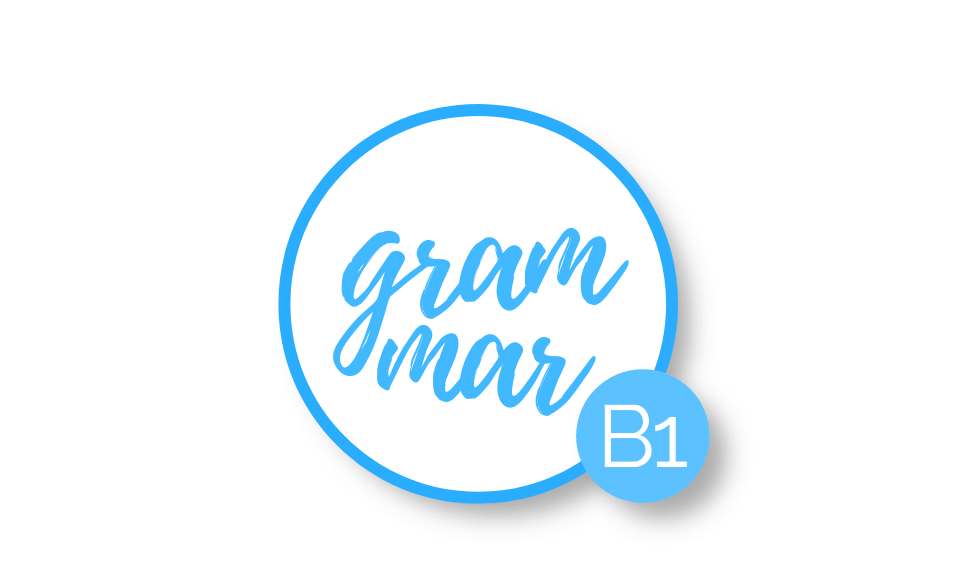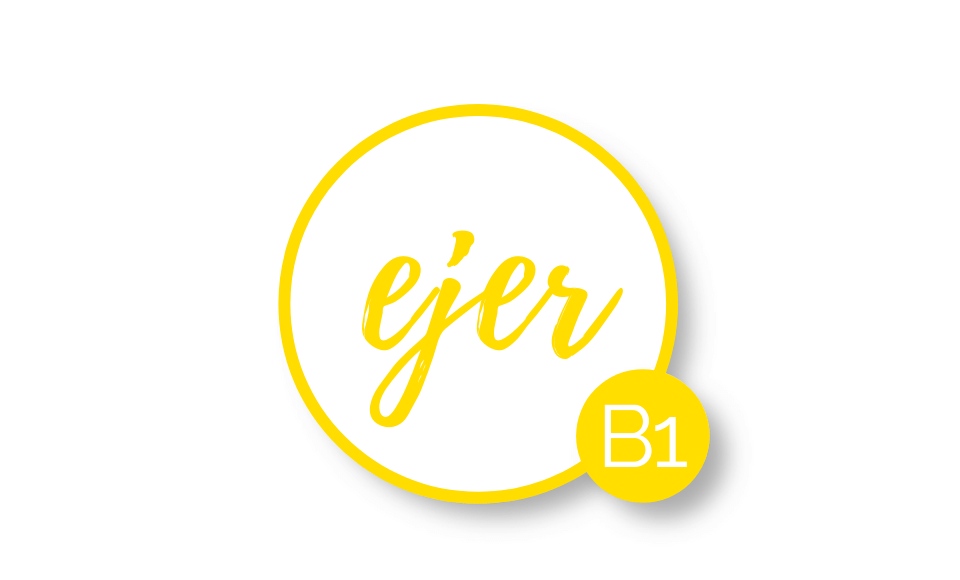En esta lección vamos a aprender los pasados de los verbos be, have & can. Si no tienes muy claros los presentes, te recomiendo que primero repases las lecciones correspondientes a cada verbo porque te resultará mucho más fácil aprenderte sus pasados.
Ten en cuenta que en español existen dos pasados simples —el pretérito perfecto simple y el pretérito imperfecto, ambos de indicativo, pero en inglés sólo hay un pasado simple.
Por tanto, el pasado simple en inglés siempre tiene dos traducciones al castellano. Además, como el verbo to be y el verbo can significan dos cosas cada uno, tienen cuatro traducciones posibles a español.
| I had | Yo tuve / Yo tenía |
| I was | Yo era / Yo fui |
| Yo estaba / Yo estuve | |
| I could | Yo pude / Yo podía |
| Yo supe / Yo sabía |
El pasado de los verbos be, have got & can sigue la misma estructura que el presente para hacer la interrogativa —invertir la posición con el sujeto— y la negativa —añadir not al verbo—, que es la propia de todos los verbos auxiliares.
El verbo to have, usado en inglés americano, se considera un verbo ordinario y sigue las reglas normales del pasado simple.
pasado del…
El pasado del verbo to be solo tiene dos formas diferentes. La forma was para los sujetos I, he she & it , y la forma were para los sujetos you, we & they.
| afirmativa | interrogativa | negativa |
| I was | Was I? | I wasn’t |
| You were | Were you? | You weren’t |
| He was | Was he? | He wasn’t |
| She was | Was she? | She wasn’t |
| It was | Was it? | It wasn’t |
| We were | Were we? | We weren’t |
| You were | Were you? | You weren’t |
| They were | Were they? | They weren’t |
El verbo have en pasado solo tiene una única forma para todos los sujetos —had.
Al igual que pasa con el presente, el verbo have en pasado lo vas a oír de dos formas diferentes, dependiendo de si es inglés británico —had got— o inglés americano —had.
UK had got
| afirmativa | interrogativa | negativa |
| I had got | Had I got? | I hadn’t got |
| You had got | Had you got? | You hadn’t got |
| He had got | Had he got? | He hadn’t got |
| She had got | Had she got? | She hadn’t got |
| It had got | Had it got? | It hadn’t got |
| We had got | Had we got? | We hand’t got |
| You had got | Had you got? | You hadn’t got |
| They had got | Had they got? | They hadn’t got |
US had
| afirmativa | interrogativa | negativa |
| I had | Did I have? | I didn’t have |
| You had | Did you have? | You didn’t have |
| He had | Did he have? | He didn’t have |
| She had | Did she have? | She didn’t have |
| It had | Did it have? | It didn’t have |
| We had | Did we have? | We didn’t have |
| You had | Did you have? | You didn’t have |
| They had | Did they have? | They didn’t have |
El verbo can en pasado solo tiene una única forma para todas las personas —could. Al igual que can, detrás de could se pone un verbo en infinitivo, tal y como hacemos en español.
| I can do it | Puedo hacerlo |
| I could do it | Pude hacerlo |
| He could finish on time | Pudo terminarlo a tiempo |
Además, recuerda que como can es poder o saber, could significa en español pude / podía pero también supe / sabía.
| afirmativa | interrogativa | negativa |
| I could | Could I? | I couldn’t |
| You could | Could you? | You couldn’t |
| He could | Could he? | He couldn’t |
| She could | Could she? | She couldn’t |
| It could | Could it? | It couldn’t |
| We could | Could we? | We couldn’t |
| You could | Could you? | You couldn’t |
| They could | Could they? | They couldn’t |
- verbo to be
-
El pasado del verbo to be solo tiene dos formas diferentes. La forma was para los sujetos I, he she & it , y la forma were para los sujetos you, we & they.
afirmativa interrogativa negativa I was Was I? I wasn’t You were Were you? You weren’t He was Was he? He wasn’t She was Was she? She wasn’t It was Was it? It wasn’t We were Were we? We weren’t You were Were you? You weren’t They were Were they? They weren’t - verbo to have
-
El verbo have en pasado solo tiene una única forma para todos los sujetos —had.
Al igual que pasa con el presente, el verbo have en pasado lo vas a oír de dos formas diferentes, dependiendo de si es inglés británico —had got— o inglés americano —had.
UK had got
afirmativa interrogativa negativa I had got Had I got? I hadn’t got You had got Had you got? You hadn’t got He had got Had he got? He hadn’t got She had got Had she got? She hadn’t got It had got Had it got? It hadn’t got We had got Had we got? We hand’t got You had got Had you got? You hadn’t got They had got Had they got? They hadn’t got US had
afirmativa interrogativa negativa I had Did I have? I didn’t have You had Did you have? You didn’t have He had Did he have? He didn’t have She had Did she have? She didn’t have It had Did it have? It didn’t have We had Did we have? We didn’t have You had Did you have? You didn’t have They had Did they have? They didn’t have - verbo can
-
El verbo can en pasado solo tiene una única forma para todas las personas —could. Al igual que can, detrás de could se pone un verbo en infinitivo, tal y como hacemos en español.
I can do it Puedo hacerlo I could do it Pude hacerlo He could finish on time Pudo terminarlo a tiempo Además, recuerda que como can es poder o saber, could significa en español pude / podía pero también supe / sabía.
afirmativa interrogativa negativa I could Could I? I couldn’t You could Could you? You couldn’t He could Could he? He couldn’t She could Could she? She couldn’t It could Could it? It couldn’t We could Could we? We couldn’t You could Could you? You couldn’t They could Could they? They couldn’t
ejercicios
- todos
- Adjetivos Posesivos
- rellenar
- traducir


